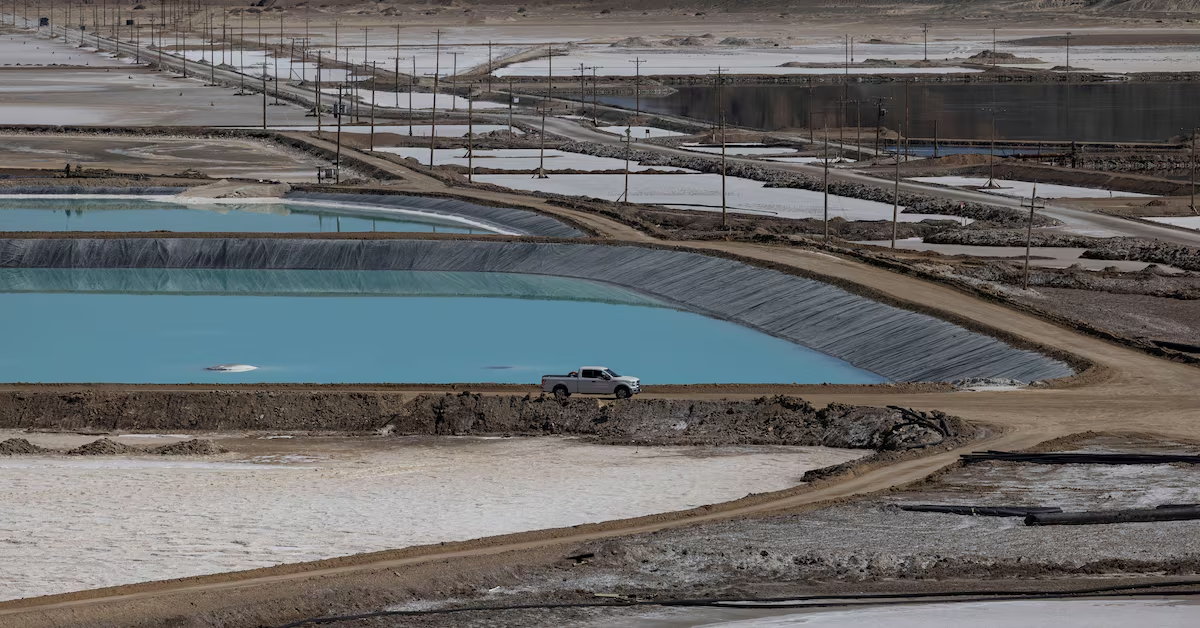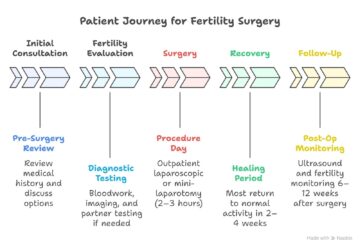Extracting lithium – particularly from brine and produced water – is one of the rapidly evolving resource sectors in Texas. As the state swiftly situates itself to be a key participant in the lithium economy, landowners, surface owners, and stakeholders navigate a complicated legal and regulatory environment. By virtue of its emerging nature, this will take specialized knowledge to protect rights and maximize opportunity. A mineral rights attorney in Dallas and experienced environmental lawyers will serve as effective client advisers.
Understanding Texas Lithium Extraction Laws and Their Evolving Nature
In Texas, legal questions associated with lithium extraction are focused on ownership issues related to mineral rights owners or surface owners, or rules or regulations governing the new activity. These issues fall under the following areas:
- The differences between groundwater for surface owners and produced water suggested that surface owners may have some claim to that water, but not to lithium.
- Various court rulings, specifically Cactus Water Services v. COG Operating Agency, stated that produced water ownership was clarified, but lithium ownership was not.
- Updated Rule 82 of the Texas Railroad Commission deals with lithium brine specifically, even though produced water and brine were previously defined identically in the agency’s rules.
- The potential impacts of upcoming legislation to modify the current statutes to clarify lithium use or ownership.
- Older mineral deeds have ambiguities about the owner’s rights to lithium.
- Overlapping claims concerning oil, gas, water, and lithium, among other things.
A mineral rights attorney in Dallas analyzes these developments very closely, as those cases & regulations will depend on defining client rights under Texas law for lithium extraction.
Key Ways a Mineral Rights Attorney in Dallas Assists in Overcoming the Legal Challenges
A mineral rights attorney and an environmental lawyer offer the following professional legal services in this fast-emerging industry:
Comprehensive Legal Guidance on Lithium Mineral Rights and Leases
The licensing of lithium extraction involves understanding the distinction between mineral rights and surface property rights, and the leasing structure of lithium extraction. A mineral rights attorney in Dallas provides:
- A thorough and detailed review of mineral ownership of lithium in produced water and in brine.
- Legal advice in negotiation to ensure that the client receives the maximum financial benefit that is available and to limit liability and loss.
- Lease agreement drafts tailored to lithium leases to protect the client’s financial interests and property interests.
- A thorough examination of all existing contracts and leases for lithium extraction clauses specifically.
- Legal advice under the contracts about the royalties and costs, operations, environmental obligations, and lease termination duration.
Protecting Surface Owners and Environmental Interests
Lithium extraction has significant effects on land and the environment, from water consumption and brine disposal to mineral recovery. Here’s how an environmental lawyer assists clients:
- Negotiating a well-compensated surface use agreement for disturbance and damage.
- Helping obtain meaningful environmental protection provisions so the client complies with state and federal laws.
- Manage risks associated with the likelihood of contamination, reclamation, and/or compliance failure.
- Liaising with an environmental lawyer in the event of compliance issues or being required to react quickly to issues that may arise.
Regulatory Compliance and Litigation Support
The regulatory landscape surrounding lithium extraction in Texas is developing rapidly, and compliance can be difficult to manage. A mineral rights attorney in Dallas can assist you with:
- Keeping clients up to date on new rules of the Texas Railroad Commission, as well as legislation that has been proposed and/or is pending.
- Assistance with permitting to make sure the client doesn’t have to cease operations and the potential for fines.
- Negotiate with the regulatory body and represent the client at an administrative hearing to defend the client’s right.
- Assist with conflicts arising from lease payments, ownership, and/or environmental claims.
Long-Term Strategic Planning and Industry Insight
Anticipating future changes is important in this developing field. An environmental lawyer and mineral rights attorney in Dallas provides:
- Continuous monitoring of relevant legislative and regulatory changes to inform its clients.
- Tailored advice to address developments in technology and legislation, such as Direct Lithium Extraction (DLE).
- Analysis of market trends to assist leasing, development, or contract renewal decision-making.
- Management of relationships between stakeholders, including landowners, extraction companies, and regulators.
- Consulting to educate clients about making informed decisions with a focus on establishing sustainable operations.
Conclusion
Extracting lithium poses remarkable legal challenges that require specific, and sometimes specialized, expertise in mineral rights and environmental law. You should engage a mineral rights attorney in Dallas who understands lithium law to effectively protect your real property, negotiate appropriate agreements, and minimize risk. Texas Lithium Lawyer lead the way in this rapidly evolving field, providing strategic legal counsel and decisive representation specifically tailored to your case.
Take ownership of your lithium property with confidence – contact Texas Lithium Lawyer for direct legal advice and strong representation today.
Keep an eye for more latest news & updates on Tribune!



